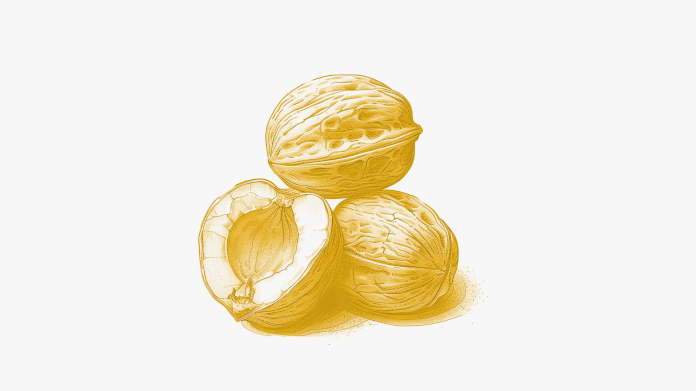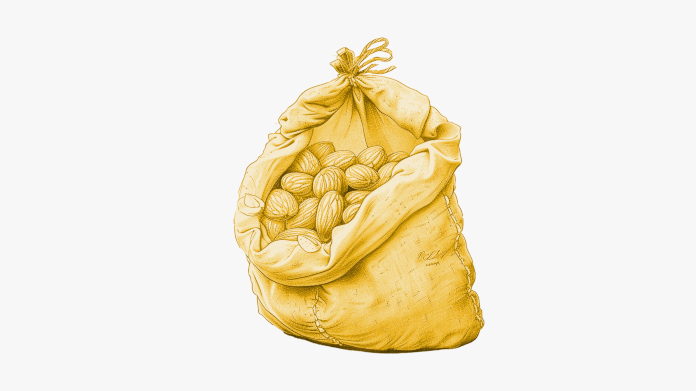
Ginseng, Chinese medicine’s universal remedy
Ginseng (Panax ginseng) is without doubt the most famous of all the Chinese medicinal plants. It is considered the natural remedy to any everyday ailment, as indicated by the etymology of its botanical genus. The word ‘Panax’ refers to ‘panacea’, the Greek goddess of healing, which today is understood to mean a ‘cure-all’. The reason ginseng is described as a panacea is because of the active principles present in the plant’s root, the many health benefits of which include invigorating, strengthening and immune-stimulant effects.
Why take ginseng? In traditional Chinese medicine, the ginseng root is especially used for combatting fatigue, boosting energy, stimulating the body’s defenses and increasing physical and mental performance.
Ginkgo, the anti-aging secret of the Chinese
In Asia, ginkgo (Ginkgo biloba) is a true symbol of longevity! And with good cause, since this tree has survived numerous disasters including atomic bombs. Today, it is believed to be one of the oldest species of tree in the world. Its incredible resistance also makes it one of the most widely-studied Chinese plants. Scientists believe ginkgo’s longevity is largely due to the composition of its leaves. They contain more than 60 natural antioxidants – compounds that are able to combat damage caused by oxidative stress.
Why take ginkgo? As a result of its antioxidant potency, ginkgo has attracted considerable interest in the field of anti-aging medicine. In tests, it has demonstrated excellent results for protecting the body and preventing a wide range of diseases.
Schisandra chinensis, the Chinese anti-stress plant
Behind the botanical name Schisandra chinensis is a creeping plant that produces small red berries. Sometimes referred to as the ‘five-flavored berry’, these fruits are used in Chinese medicine for their adaptogen properties; in other words, they help the body adapt to various stress factors. Alongside these characteristics, researchers attribute these five-flavored berries with other health-protective effects, including antioxidant potency and an anti-inflammatory action.
Why take Schisandra chinensis? During periods of stress, Schisandra chinensis berries help increase coordination, endurance, concentration and cognitive performance.
Kudzu, the remedy for addiction
Kudzu (Pueraria montana) is a Chinese plant that has been growing in popularity in recent years. Long-used in China, extracts of kudzu are now popular in the West as a natural remedy for hangovers. They are also increasingly recommended for those who wish to use plants to help them stop drinking. A number of studies have also shown that kudzu is a natural aid to quitting smoking. A genuine natural remedy for addiction, this Chinese plant owes its benefits to its isoflavone content. Scientists believe these natural substances offer many effects within the body, including significant antioxidant protection, particularly in liver cells. In addition, kudzu’s isoflavones may exert a relaxing effect which helps people withdraw from drugs such as tobacco and alcohol.
Why take kudzu? Today, this Chinese plant is offered as an excellent natural aid to conquering addictions. In particular, kudzu can be used to ease withdrawal from alcohol or smoking.
7 Hours
none problem at this moment.Only a…
none problem at this moment.Only a little difficult to handle web page
MENDEZ TELLEZ GIRON Jose
10 Days
Excellent product
Excellent product, curcumin really helps my arthritis in my hands
BLANCO Judy
11 Days
Fast delivery
Fast delivery, excellent products!
BUISSON Laurence
13 Days
Good products ans fast delivery
Good products ans fast delivery
michel martinon
16 Days
tate Beta-Sitosterol
Shipping is outstanding and I got it as exactly stated.
HAK Iv
18 Days
WORTH IT!!
Your products are great but you should not make people have an account to buy anything.
Grace Jordan
18 Days
The discount that comes with repeat…
The discount that comes with repeat orders make it easy to try new items.
Larry
22 Days
Great products and customer service
Great products and customer service. Will def. order again.
Aris
24 Days
Above and Beyond
Never any issues….Works every time!
DOMINIC
26 Days
Quality products
Quality products. Shipping is quick once shipped. I had to wait as the product was on backorder, however that was only a couple days. Second time purchasing and very happy.
Jeffrey
27 Days
In depth explanation fast shipping
In depth explanation fast shipping
MILLER Jacki
33 Days
Great products and fast shipping!!’
Great products and fast shipping!!’
Phu Nguyen
35 Days
The curcumin really helps my arthritis!
The curcumin really helps my arthritis!
BLANCO Judy
35 Days
Broken pills
One of the supplements I got from your company has alot of pills that where broken. Otherwise shipping is great! Orders are shipped in a timely manner.
Deborah
37 Days
Good website
Good website, fast delivery, great product.
Sharon Feyhl



